An ongoing clinical trial is testing the effectiveness of the HidrateSpark smart water bottle to help patients with urinary stones maintain high enough fluid intake levels to prevent stones from recurring.
More than 600 participants have been recruited since the prevention of urinary stones with hydration (PUSH) study began in 2017. Over the course of the study, more than 1,600 participants will receive a HidrateSpark smart water bottle that records daily fluid consumption and usual care, including guideline-based recommendations of adequate fluid intake to decrease kidney stone recurrence. They'll also record periodic 24-hour urine collections, receive imaging (low-dose CT scan or ultrasound) to identify urinary stones, and complete follow-up questionnaires to record urinary output.
"Our goal is to identify modifiable risk factors for urinary stones and develop interventions that reduce the risk of stone recurrence and the morbidity associated with urinary stone disease," says Charles D. Scales Jr., M.D., M.S.H.S., principal investigator for the PUSH study. "We hope to develop interventions to increase adherence to water intake and thereby decrease urinary stone recurrence."
Barriers to increasing fluid intake include limited knowledge about sufficient volume, difficulty maintaining long-term engagement in meeting fluid goals, and the inability to solve logistical problems such as ready access to fluids at work or school. "Remembering to maintain access to fluids and to drink them requires organization and motivation," notes Dr. Scales.
HidrateSpark overcomes these barriers by integrating ready access to water with mobile technology that tracks fluid intake over time and also reminds users to drink adequate water to ensure they stay hydrated."This trial incorporates pragmatic features, including an adaptable intervention in the form of the HidrateSpark smart water bottle, patient choice and remote monitoring of fluid intake through the HidrateSpark app," says Coleman Iverson, HidrateSpark co-CEO.
Study locations include Children's Hospital of Philadelphia, Cleveland Clinic, Duke University, Mayo Clinic, University of Pennsylvania, University of Texas Southwestern Medical Center, University of Washington, and Washington University in St. Louis. The study randomizes patients at each of the study sites by first time vs. recurrent stone formers and age (adult vs. adolescent).
What researchers look for
The primary outcomes PUSH researchers monitor include urinary stone passage as observed or captured by study participants, procedural intervention for a symptomatic urinary stone, and any procedural intervention for removal of an asymptomatic renal or ureteral stone.
Secondary outcomes monitored include asymptomatic formation of a new stone and a change in the size of an existing stone by 2 millimeters or more in any dimension, both as detected by imaging.
Researchers also measure and compare participants' 24-hour urine volumes and the presence of urinary tract symptoms by having participants complete the Lower Urinary Tract Dysfunction Research Network Comprehensive Assessment of Self-Reported Urinary Symptoms, which is a comprehensive questionnaire for both men and women.
Finally, researchers will analyze the cost of study interventions and treatment for urinary stones during the study's follow-up period.
"We know that high dietary fluid intake is a cornerstone of kidney stone prevention," says Iverson. "So similar to plans used by companies that incentivize employees to choose healthy behaviors, such as quitting smoking or walking more, we hope this study supports that the HidrateSpark smart water bottle can be used to facilitate a program that rewards water drinking to prevent urinary stones."
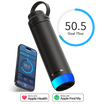
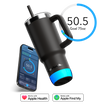
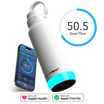
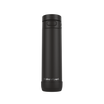

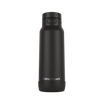
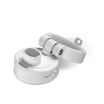
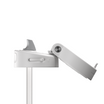
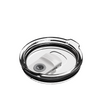
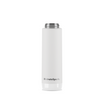
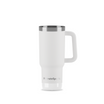
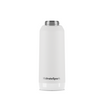
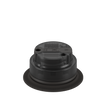


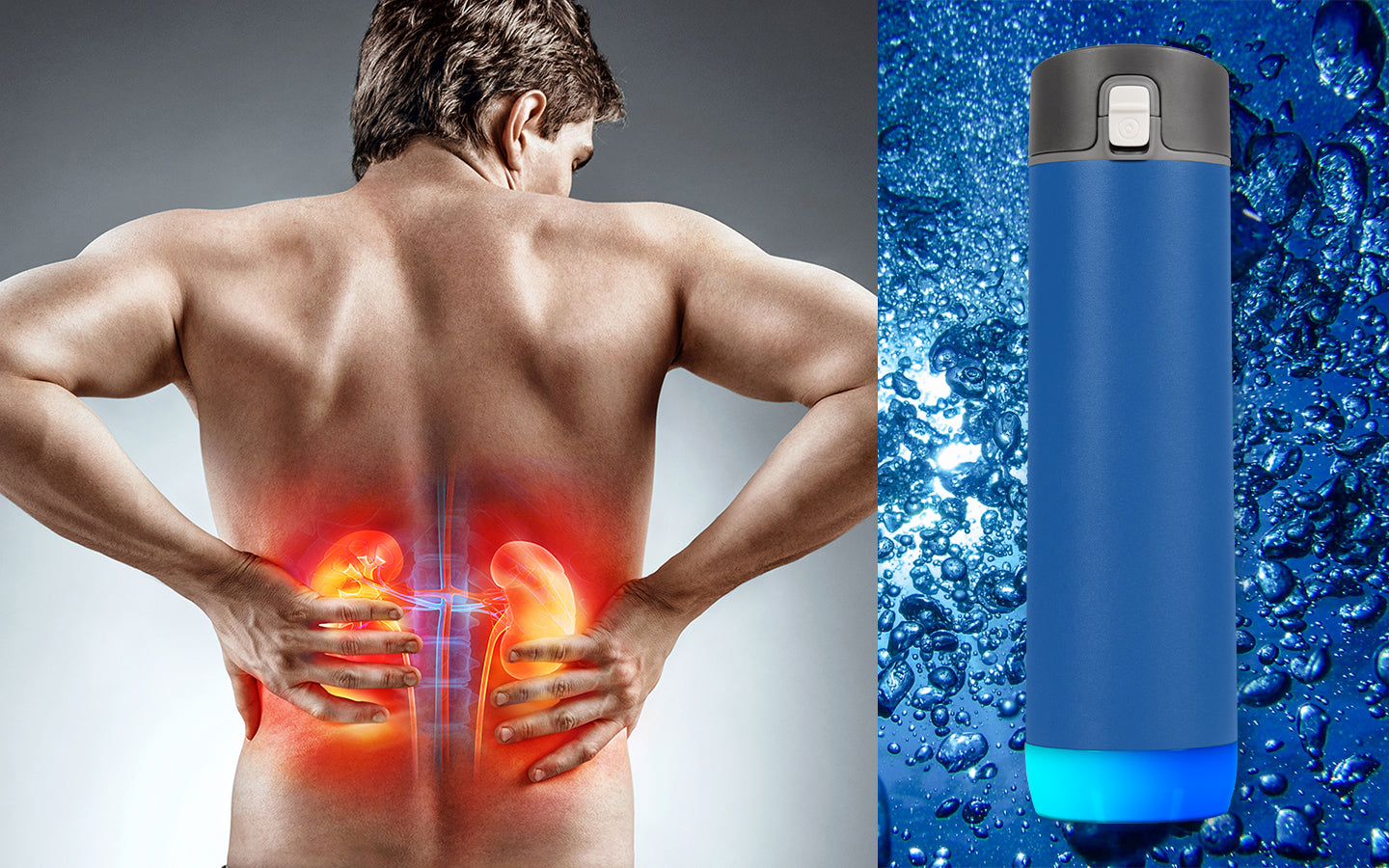
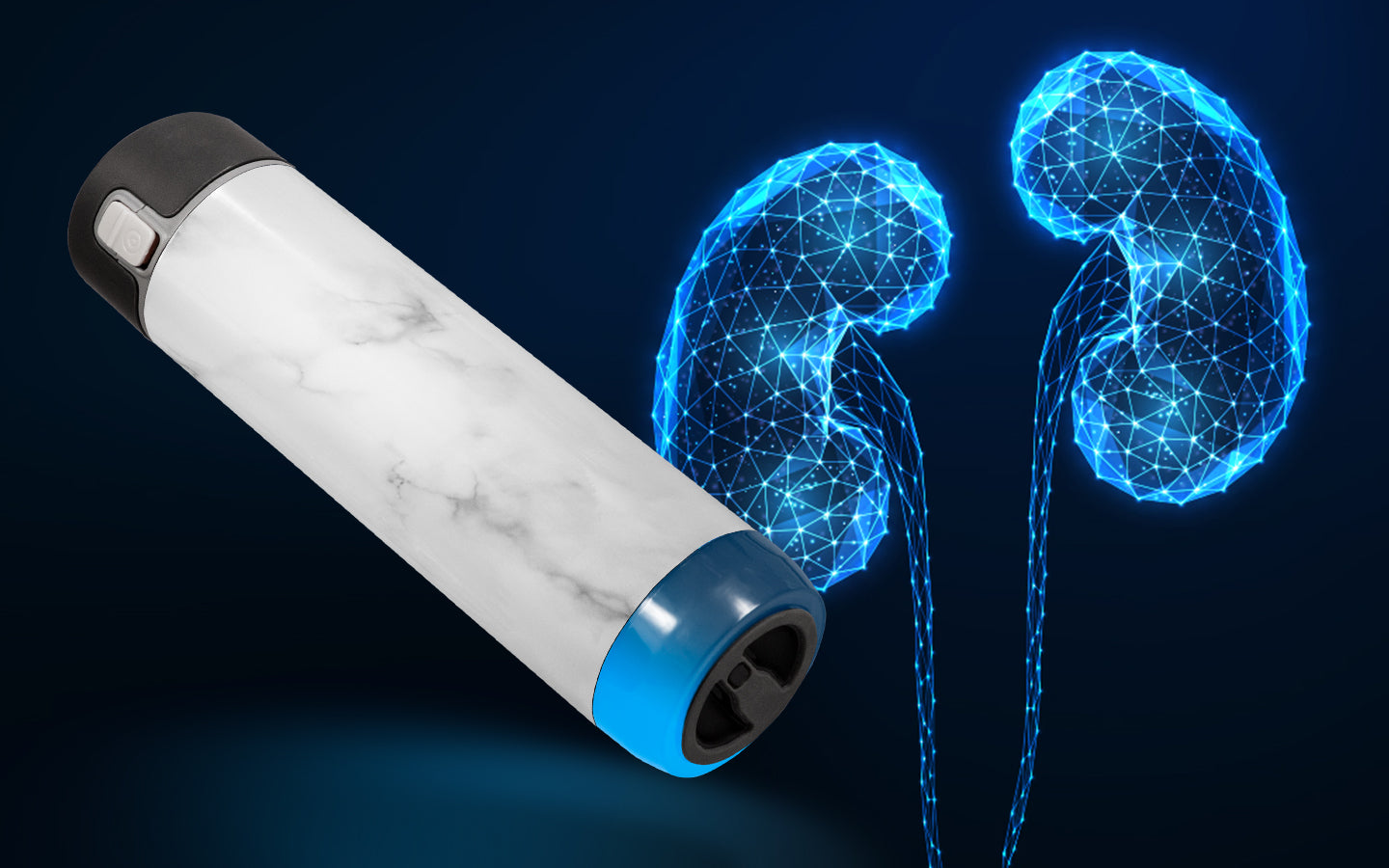
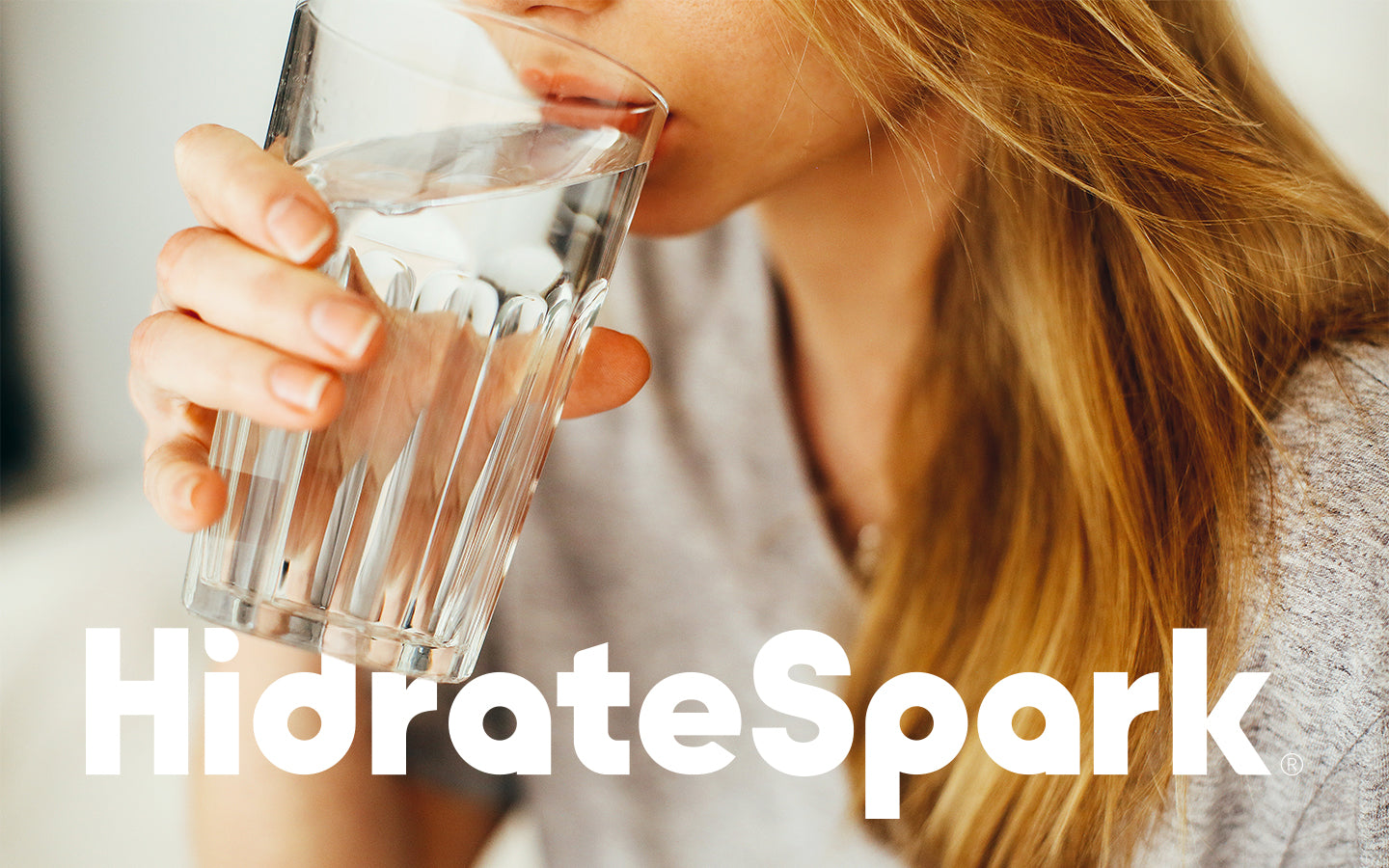
Leave a comment
This site is protected by hCaptcha and the hCaptcha Privacy Policy and Terms of Service apply.